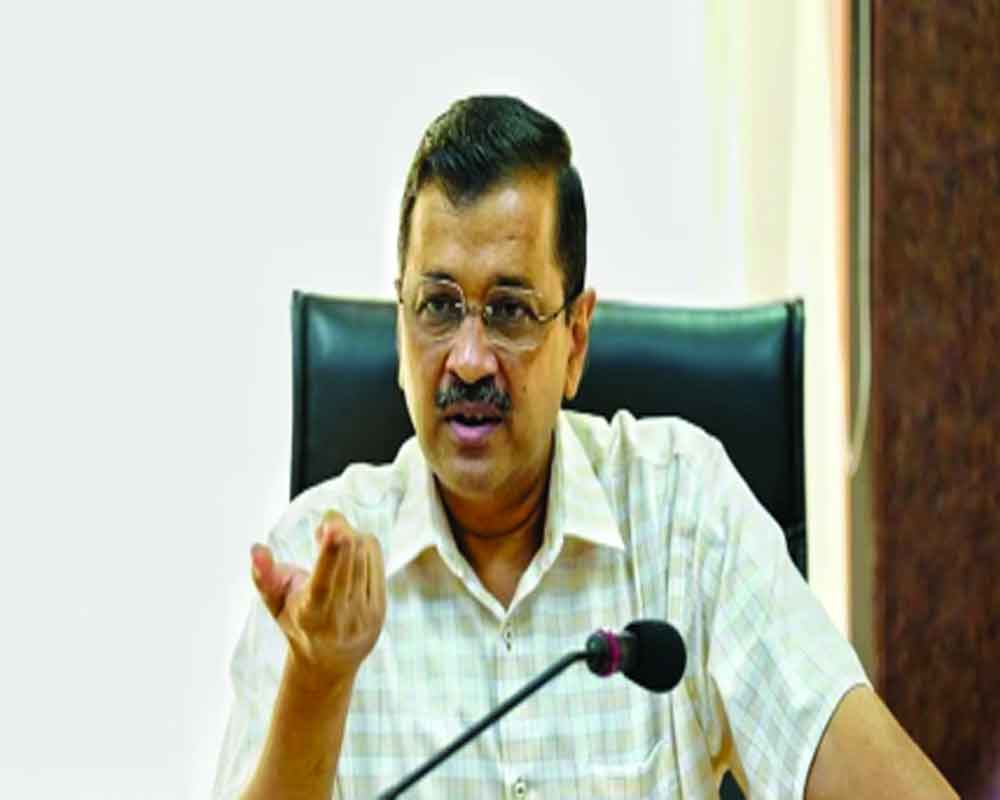The ever-falling state of polity touches a new low, trivialising life for political gains
In the realm of politics, where governance and public welfare should reign supreme, a disturbing trend has emerged — the trivialisation of human life for the sake of political benefits. Recent events surrounding Delhi’s Chief Minister Arvind Kejriwal exemplify this worrying trend, where his health crisis has become a point of one-upmanship and is being used to serve narrow political narratives rather than addressing the genuine concerns of his health. The case took a curious turn when the Enforcement Directorate (ED) claimed that Kejriwal intentionally indulged in a high-sugar diet to fabricate grounds for bail. Kejriwal’s colleague Atishi has countered this assertion, alleging a conspiracy to deny the jailed Chief Minister access to essential insulin and home-cooked food, potentially putting his life at risk. Both claims, while patently opposite, underscore a distressing reality — the callous politicisation of a health crisis. In the theatre of politics, where power dynamics often overshadows ethical considerations, the sanctity of human life seems to have been direly neglected. The focus has shifted from genuine concern for an individual’s wellbeing to exploiting their vulnerabilities for partisan gains. Such a narrative not only reflects poorly on the integrity of political discourse but also raises profound questions about the moral compass of those entrusted with governance.
The ED’s assertion of Kejriwal deliberately manipulating his health for legal advantage is a damning indictment of the extent to which political opponents are willing to go to discredit their adversaries. It underscores a culture where the personal struggles of individuals are weaponised for political advantage. Conversely, Atishi’s allegations of a plot to endanger Kejriwal’s life highlight the dangerous consequences of unchecked political rhetoric. Accusations of attempted murder, if unsubstantiated, not only sow seeds of distrust but also trivialise the gravity of such heinous crimes. At its core, the Kejriwal saga underscores a broader crisis within the polity — the prioritisation of political expediency over human dignity. In the relentless pursuit of power and influence, the inherent value of human life is often sacrificed at the altar of partisan interests. This erosion of empathy and decency not only corrodes the fabric of democracy but also threatens the fundamental rights and freedoms of citizens. Without delving into the merits of the case or passing judgment on who is truthful, Kejriwal, like everyone else, must be given the best treatment at the moment, even if the illness is self-inflicted. To reclaim the integrity of polity, it is imperative for political actors to realign their priorities with the values of compassion, integrity and accountability. The welfare of individuals should never be subjugated to the exigencies of political gamesmanship. Instead, leaders must demonstrate a commitment to upholding the dignity and wellbeing of every citizen, irrespective of their political affiliations. The Kejriwal saga serves as a sobering reminder of the perils of allowing politics to trump humanity.


























